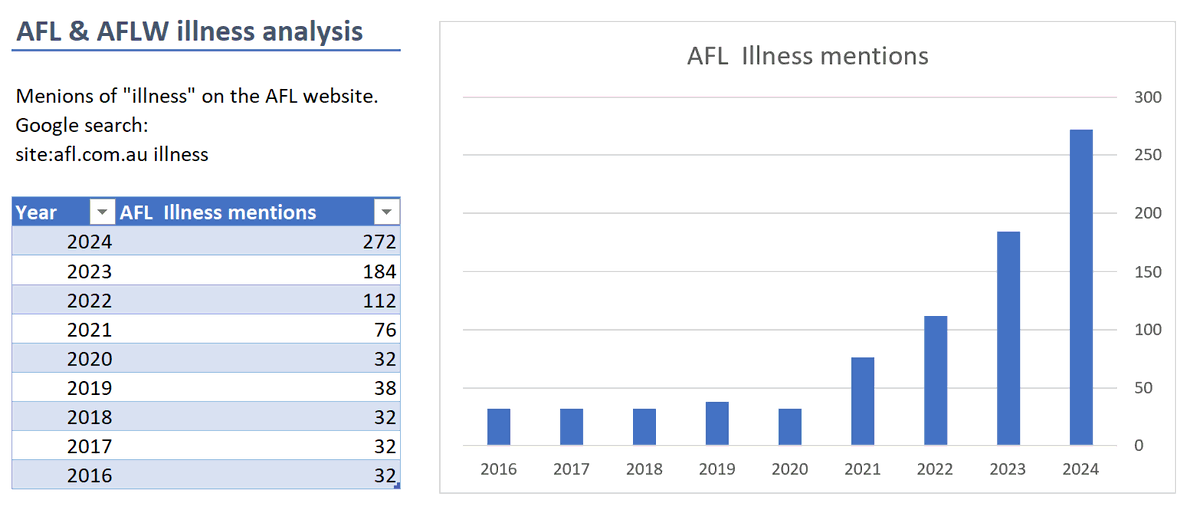Sly Saint
Senior Member (Voting Rights)
Thursday, 8 August
NCNED: ME/CFS Research Update
NCNED researchers will provide an update on their ME/CFS research data and plans for the year.
Thu, 8 Aug 2024 12:00 PM - 1:00 PM AWST
The Niche
11 Aberdare Rd Nedlands, WA 6009 Australia
NCNED: ME/CFS Research Update
NCNED researchers will provide an update on their ME/CFS research data and plans for the year.
Thu, 8 Aug 2024 12:00 PM - 1:00 PM AWST
The Niche
11 Aberdare Rd Nedlands, WA 6009 Australia
https://www.eventbrite.com.au/e/ncned-mecfs-research-update-tickets-964772409247About this event
ME/CFS researchers Professor Sonya Marshall-Gradisnik, Dr Natalie Eaton-Fitch, and Ms Etianne Sasso, PhD student, from the National Centre for Neuroimmunology and Emerging Diseases (NCNED) in Queensland will be in attendance to provide an update on research data and plans for future research including clinical trials. Their presentation will outline the involvement of faulty transient receptor potential ion channels - or threat receptors - in the pathology of ME/CFS, and potential use of low dose naltrexone as a therapeutic target. This will follow with an update on brain MRI changes identified by the team. Additionally, the team will provide information on how to get involved and participate in research.
- Event lasts 1 hour
Duration approximately 30 minutes plus an opportunity for Q&A
Lunch will be provided. If you have any dietary sensitivities such as needing to avoid lactose or gluten, please let us know by email and we’ll do our best to accommodate your needs.
Tickets are free, but registration is required. Please add a ‘registration’ type ticket for each person attending so we have attendance numbers for catering purposes.
If you would like to make a donation to help us to cover costs, please add a ‘donation’ ticket type to your cart with your donation. All donations $2 and above are tax deductible.
Venue
The Niche - Conference room
11 Aberdare Rd
Nedlands WA 6009
Click here for a Google Map
The venue is wheelchair friendly.
Bring
Feel free to bring your own snacks and non-alcoholic drinks.
BYO face mask as required.

